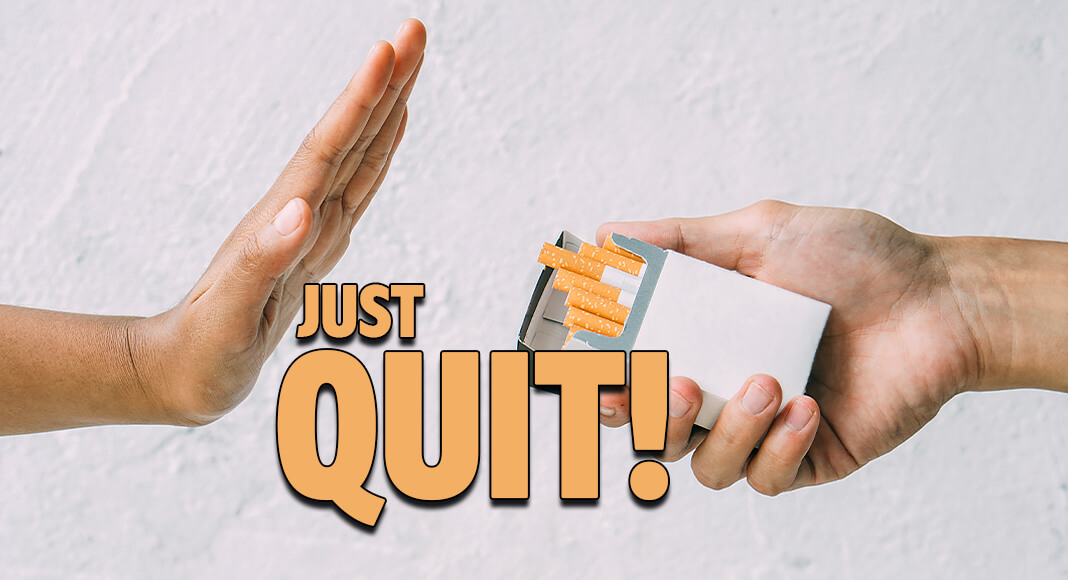
Mega Doctor News
You can lower your lung cancer risk in several ways.
Don’t Smoke
The most important thing you can do to prevent lung cancer is to not start smoking, or to quit if you smoke. Smoking can cause cancer and then block your body from fighting it. Nearly 9 out of 10 lung cancers are caused by smoking cigarettes. Treatments are getting better for lung cancer, but it still kills more men and women than any other type of cancer.
For help quitting, visit smokefree.gov, call 1 (800) QUIT-NOW (784-8669), or text “QUIT” to 47848. It’s never too late to quit!
Stay Away from Secondhand Smoke
Smoke from other people’s cigarettes, pipes, or cigars is called secondhand smoke. Secondhand smoke causes lung cancer in adults who have never smoked. People who have never smoked but are exposed to secondhand smoke at home or at work increase their risk of getting lung cancer by 20% to 30%.
Get Your Home Tested for Radon
Radon is a gas that you cannot smell, taste, or see. It comes naturally from rocks and soil, and can dissolve in groundwater. Radon is thought to be the second leading cause of lung cancer in the United States, responsible for more than 20,000 lung cancer deaths each year.
People can be exposed to radon mainly from breathing radon in air that comes through cracks and gaps in the foundation of buildings and homes. One out of 15 homes has a high level of radon. Testing your home is the only way to find out if you have a radon problem. If you do, then you can fix it.
Is Lung Cancer Screening Right for You?
The U.S. Preventive Services Task Force recommends yearly lung cancer screening with low-dose computed tomography (CT scan) for people who—
- Have a 20 pack-year or more smoking history, and
- Smoke now or have quit within the past 15 years, and
- Are between 50 and 80 years old.
A pack-year is smoking an average of one pack of cigarettes per day for one year. For example, a person could have a 20 pack-year history by smoking one pack a day for 20 years or two packs a day for 10 years.
Lung cancer screening is not without risks. That is why lung cancer screening is recommended only for adults who are at high risk for developing the disease because of their smoking history and age.
If you are thinking about getting screened, learn more and talk to your doctor. Lung cancer screening is not a substitute for quitting smoking.
Fast Facts
- Lung cancer is the leading cause of cancer death among both men and women in the United States.
- Each year, about 197,000 people in the United States are told they have lung cancer, and about 136,000 people die from this disease.
- Different people have different symptoms for lung cancer. Most people with lung cancer don’t have symptoms until the cancer is advanced.
Information Source: CDC









